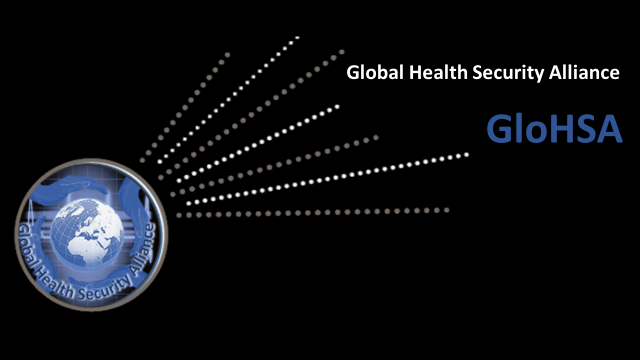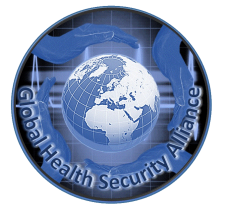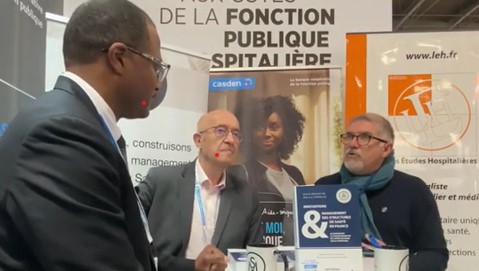- Have any questions?
- info@glohsa.com

GloHSA Member Tracey McNamara provides prophetic insights on Coronavirus and her tireless efforts for zoonotic disease surveillance on a global scale
31. March 2020
GloHSA Steering Board Activities during the COVID-19 Pandemic – Anja
8. April 2020During the actual pandemic COVID-19 crisis all of our GloHSA members are working out of their usual comfort zone and are involved in overwhelming other tasks to mitigate the impact of the plague. We want to keep you updated on what we are doing at the frontline of the crisis and at the nexus of global health and security: Watch out for our interview series.
We are kicking off with our Secretary-General and Steering Board member, Dr. Stefan Goebbels, who currently serves as Military Medical Advisor of the United Nations in New York
Stefan, tell us about some of the work you’ve been doing during the Covid-19 pandemic.
“First of all I have to say that for the first time ever, I´m working from home. The UN, like many of other organizations, demanded their personnel to work from home if it´s not really necessary to come to Secretariat in New York. Since you all follow the news about New York, you know why.
Currently, we are trying to build up surge capacity for the UN duty stations and peacekeeping missions around the globe. You can imagine how countries that have much less resources to fight this pandemic will suffer, when you see that even the richest countries and cities, like New York, are struggling.”
What are the biggest challenges going forward, from your perspective?
“Countries that lack the resources fighting the virus. The expected patients will, most likely, have a respiratory insufficiency which should be treated with the right type of ventilation, a high level of oxygen and a secure form of narcosis. They should be treated by doctors and nurses with experience in intensive care and infection control. The problem is that all these resources are not available in some countries, at all.
In most cases, these countries must start from scratch to build this surge capacities. Unfortunately, most of the borders are closed. Personnel can’t travel like they could before this pandemic outbreak. Logistically, you can’t transport dangerous goods like oxygen cylinders or opioids for narcosis into countries that have declared themselves as locked down. So everyone from the patient, the nurse, the doctor, even up to the highest level of the UN diplomats, will have to manage and negotiate the best they can do to make these logistics happen. It is crucial to ensure that our collogues in these countries are not standing empty handed in front of the patients.”
In which way does your work connect with GloHSA?
“First of all, to be more global than the UN is almost not feasible. Our peacekeeping missions and duty stations of our many agencies, like UNHCR or UNICEF, are mostly in rural areas throughout the world. They are far away from what you would call a “safe place” with a functioning health system. To coordinate help for the upcoming wave of COVID-19 patients demands diplomacy on the highest level. Starting to arrange flight capacity with the possibility to land with patients in another country is a top priority. Hospital capacity in mission will, most likely, not be adequate. Therefore, referral hospitals must be prepared, with secure access into and out of the countries that they are located. That’s not a medical task at all and it’s only one of the problems we are currently trying to solve on a list of many.
We are working on the Nexus of health and security in war zones, or sometimes war like scenarios. It´s necessary to maintain all normal work functions, as well as handle all newly arising COVID-19 struggles. If this does not happen, it could inflame security issues in UN duty stations.”





